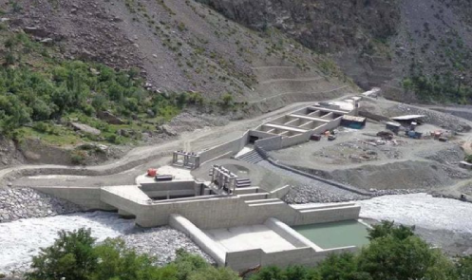ISLAMABAD: The Power Division has reportedly declined to support Korean firms developing hydropower projects in Khyber Pakhtunkhwa (KPK), leaving multimillion-dollar investments in limbo due to their exclusion from the Indicative Generation Capacity Expansion Plan (IGCEP).
Korean companies, including LSG Hydro Power Limited (LSG HPL) and Korea-South East Power Company (KOEN), have faced repeated hurdles despite making substantial progress. LSG HPL’s 470MW hydropower project, developed in partnership with the KPK government under the 2015 Power Policy, has completed key milestones, including a bankable feasibility study and obtaining regulatory approvals. However, the project’s tariff petition and generation license application were returned, halting its progress under revised IGCEP regulations.
LSG HPL CEO Wan-Seok Bae has written to the Secretary Power seeking intervention, citing that the project operates under the terms of its 2015 Letter of Intent (LoI) approved by the Council of Common Interest (CCI) before the new regulations took effect. However, no meeting has been granted.
Similarly, KOEN has appealed to Nepra and the Senate Standing Committee on Power to support its projects, arguing that the integrity of the 2015 Power Policy must be upheld to ensure a stable investment climate. KOEN criticized Nepra’s cost comparison criteria as flawed and requested tariff determinations under the original policy framework.
The government, led by Power Minister Sardar Awais Leghari and Nepra Chairman Chaudhry Waseem Mukhtar, contends that new projects are not prioritized under the IGCEP as allocations for the next decade are already determined. They suggested revisiting these projects only if they align with the least-cost methodology of the revised IGCEP, which remains under review.
Korean firms have urged the government to provide a fair and consistent investment environment, maintain policy integrity, and revise IGCEP criteria to accommodate viable foreign-led projects, emphasizing the need for equitable treatment to bolster energy security and economic stability.
Story by Mushtaq Ghumman





